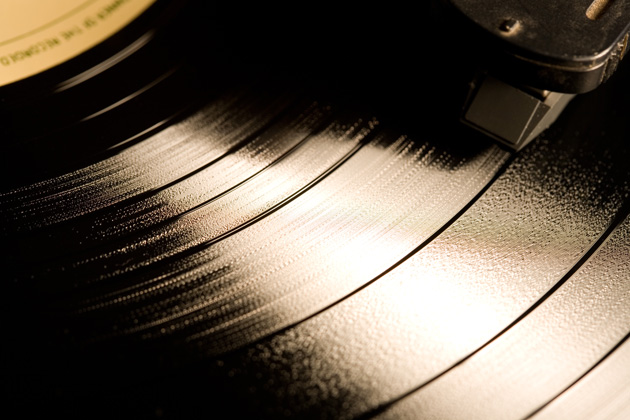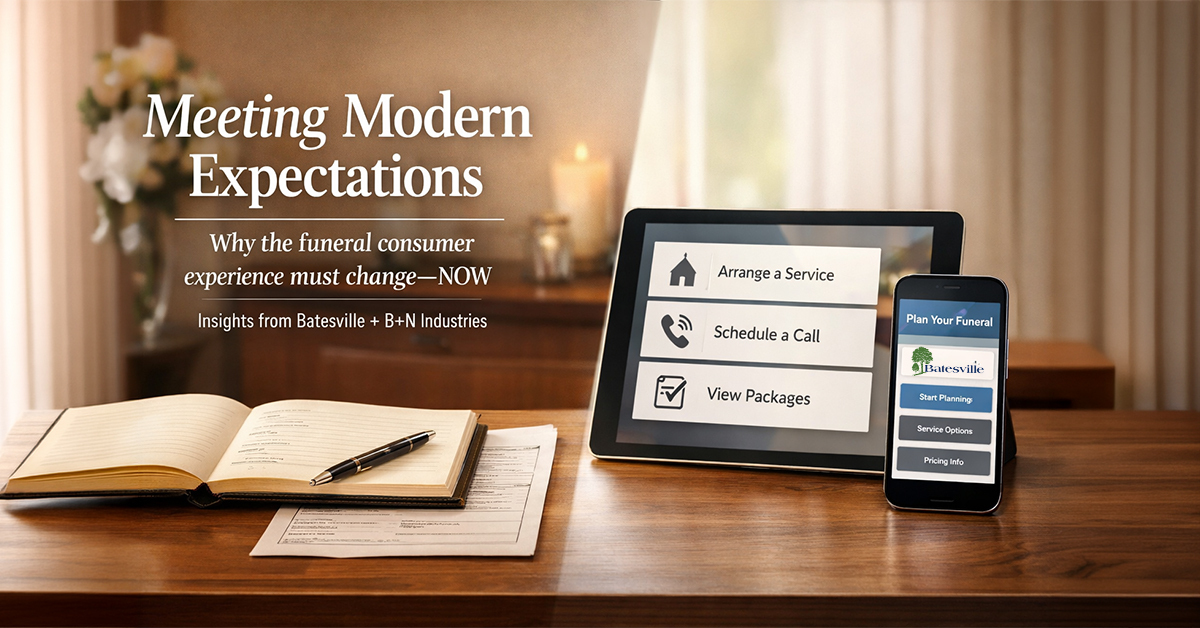Turning Ashes into Vinyl Records, How do they do it?
Article originally posted on Bloomberg BusinessWeek
Jason Leach is just 41 and in good health, but he’s already made arrangements for his cremains. Part of it has to do with his family history. “I’ve heard stories about my father trying to scatter his grandfather’s ashes from a boat,” Leach says. “It went terribly wrong, and they ended up sweeping him off the deck.” Things didn’t turn out much better at his own grandfather’s memorial service. “There was a strong breeze,” he remembers, grimacing. “And the ashes blew right into my face.” When his time comes, Leach, who lives in Scarborough, on the northeast coast of England, wants a more dignified ending. So he’s having his ashes pressed into a vinyl record.
It’s not the most conventional final resting place, but for Leach—a 20-year veteran of the U.K. music business, as a producer, performer, and co-founder of such independent labels as Subhead and House of Fix—it was the only logical choice. And he’s not alone. In 2009, Leach founded And Vinyly (rhymes with “And Finally”), an online service for people who, like him, want their earthly remains to live on as an analog recording. At first, the site was mostly ignored. “I didn’t expect much from it,” Leach says. “It was just for fun.” But word slowly began to spread, and over the past six months he’s been inundated with requests. He’s only processed four records so far—including one with the ashes of a DJ whose parents wanted their late son “to be played at his favorite clubs a few more times”—but Leach has had hundreds of inquiries. “I’m sometimes up 24 hours a day just answering calls,” he says.
| Click to See More Remarkable Things to Do with Ashes |
The process itself is fairly simple: Ashes are delivered to a pressing plant in London and sprinkled into the raw vinyl. But the cost can be exorbitant. The basic And Vinyly package starts at £3,000 ($4,600) for 30 copies of a record, each containing a bit of ash. It’s a fraction of the cost of a typical burial, which the National Funeral Directors Association ballparks at around $6,560. But then there are the add-ons. If you don’t want to provide your own audio, a team of musicians from Leach’s labels will write and record a song (or songs) about you for £500 per track. James Hague of the National Portrait Gallery in London will create an original painting for the record sleeve for around £3,500. You can also choose which specific body part is put into the vinyl and have your record distributed at “reputable vinyl stores worldwide,” Leach says, although there’s no guarantee you’ll ever be bought. By the time a final bill is tallied, an old-fashioned casket funeral might seem like a bargain.
But the price tag isn’t the biggest concern for the majority of And Vinyly’s customers. According to Leach, it’s the content that gets most of the hand-wringing. “People over-think it,” he says. “This tends to become a very long process with people changing their minds constantly.” Each record has just 24 minutes of available audio, with 12 minutes on each side. Not much to sum up a lifetime. And it gets even more complicated when Leach explains the infinite possibilities. “Just because it’s a record doesn’t mean it has to contain music,” Leach says. “It might be nice to have your own voice on there. I’d like nothing more than to listen to my great-great-grandfather say something on a record.” He’s recorded people telling jokes and talking about their family history, and even confessing their biggest regrets. One of his favorite And Vinyly records, he says, ends with laughter on a closed loop. “It just repeats over and over until you remove the needle.”
As for what he plans on putting on his ash record—he’s very serious about it, even including special instructions in his will—he’s as indecisive as any of his clients. “I’m working constantly on my soundtrack,” he says. “I make music, so that makes it difficult and complicated.” He names a few songs that will likely make the final cut, with titles such as Bust Rucket and Spaz ‘n Rave”. But lately, he says, he’s been more interested in what he calls “aural photographs,” which could include anything from a dog barking to the creaking of feet on floorboards to a muffled conversation in the distance. “Whenever I’m listening to field recordings, I’m always fascinated by the surrounding sounds we usually tune out,” he says. “Those things in the background that create an atmosphere, that’s what takes me back to a specific time and place.”
He’s also considered the idea of not recording anything at all and letting the only sound on his final LP be the pop and crackle of his ashes vibrating against the needle. “I quite like that idea,” he says. And then, after a thoughtful pause, he laughs at the impossibleness of his task. “Don’t hold me to any of this,” he says. “I’m sure I’ll change my mind tomorrow.”
Article source: http://www.businessweek.com/articles/2012-06-07/odd-jobs-turning-your-ashes-into-a-vinyl-record




